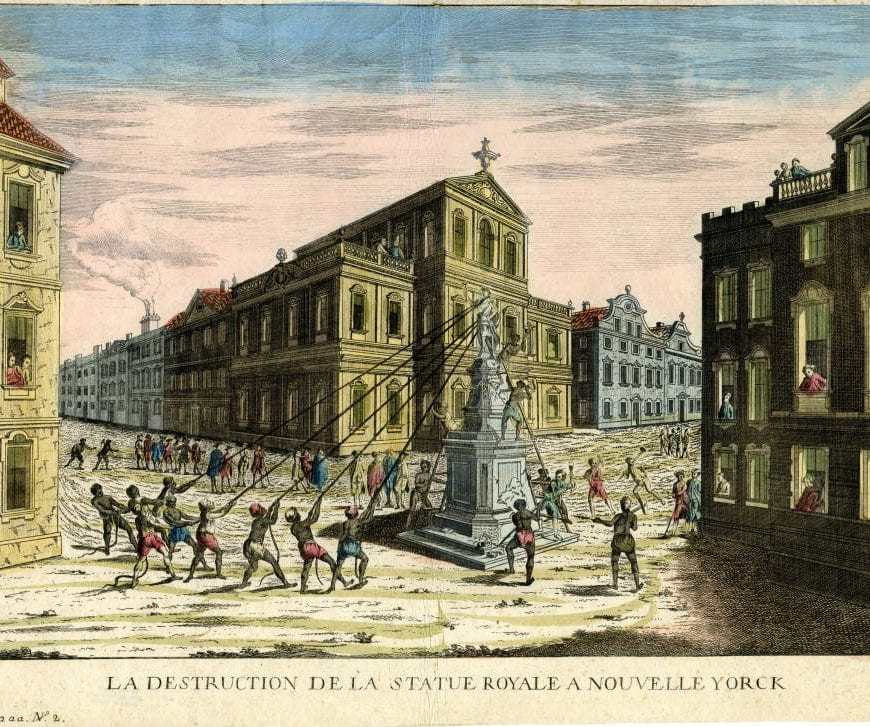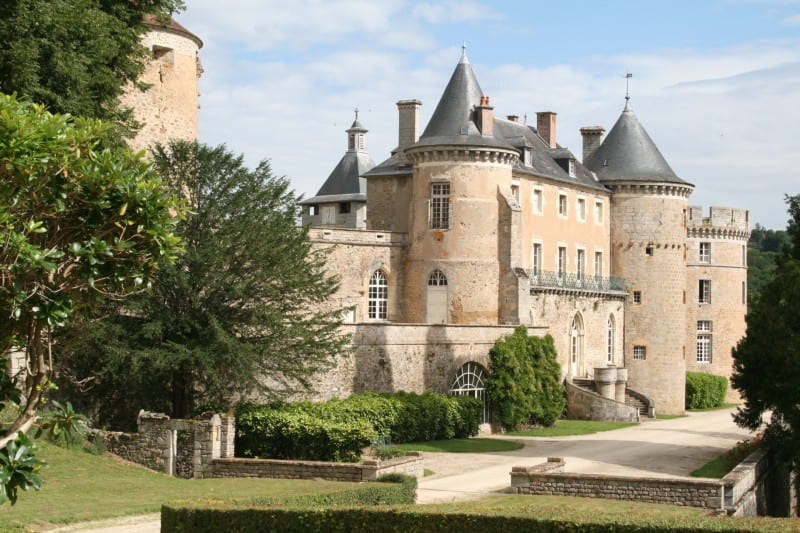
Roundtable — Facing the Archive from the Present: A Celebration of Dan Richter’s Work – Tara A. Bynum and Liz Polcha
EAS Editors’ Note: This guest-edited roundtable is a follow up to “Facing the Future of Early American Studies,” the July 2023 conference where scholars reflected on the scholarship and mentorship of Daniel K. Richter, director emeritus of the McNeil Center for Early American Studies. Roundtable Introduction – Tara A. Bynum and Liz Polcha Jump to Facing the Archive from the Present Roundtable Posts As literary scholars, we want to honor…









